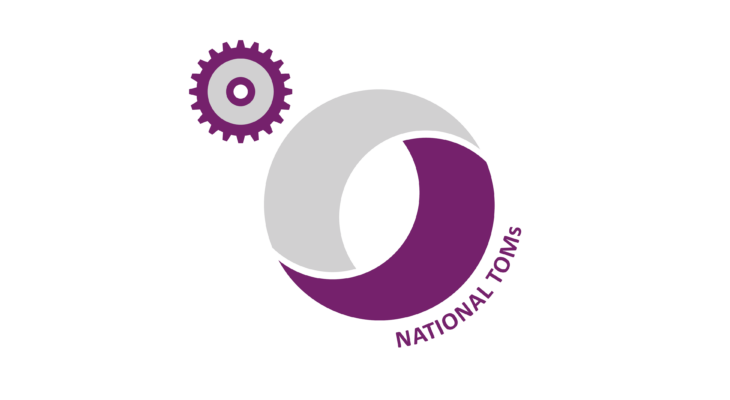For anyone who’s not come across the term, Ghosting is where someone that you’re recruited doesn’t turn up to work on their first day. Irritating? Supremely.
Ghosting is on the rise, with high quality candidates in sectors experiencing skills gaps often receiving several job offers, and trying to decide which is best for their career and social circumstances. To give the benefit of the doubt, it can be terrifying to have to contact a potential employer and turn down a job, or tell them you’ve changed you mind… but just not turning up on your first day is pretty low by anyone’s standards.
For an employer, it’s more than merely annoying. It usually represents a loss for the organization.
For one, it’s probably taken a good couple of months to recruit. The previous employee will possibly have left the organization, and any personnel gap may seriously affect knowledge transfer, or practical delivery of a service or product.
Secondly, the time and money that you’ve put into the first round of recruitment now has to be spent all over again (unless you had a second interviewee who could do the job…and is still looking for employment..). Not only can it be demoralizing for the teams involved, but productivity is further impacted by staff having to duplicate activity.
So, how do you avoid it?
1. Systems – keep in touch. It’s so much harder to no-show when you’ve already started to build relationships with team members and the organization in general. Include the recruit in team communications from the get go. Don’t go overboard on this, and try and highlight any ‘fun stuff’ which demonstrates that you’re a great team to be part of.
2. Make the Contract personal – a ‘Don Draper’ clause in a contract shows that you see the recruit as a person, not a worker drone. This is a personal touch written into the contract; it might be flexible working one day so they can do a language class, it might be agreeing to stock their favourite coffee – this is something, usually small and non-monetary, that is agreed between the employer and employee. It says ‘we care about your wellbeing’.
3. Communicate your values – people come to work for so much more than just money. Younger generations aren’t differentiating between personal and work life and now expect their employer to show social commitment. If you do good stuff, talk about it, and encourage your staff to get involved – it will give them a sense of personal achievement and connection to the company, and raise your profile as a place people want to work.
People like connections and authenticity. Make sure yours are working for your business and your recruitment.






